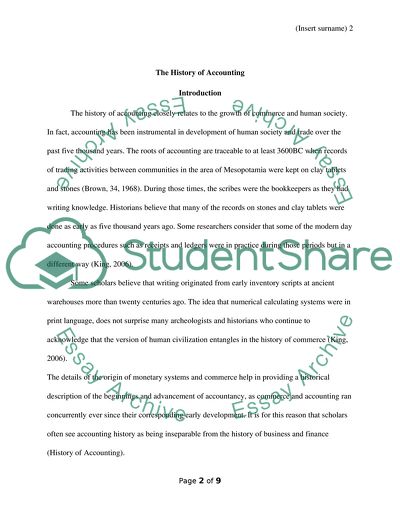Cite this document
(“Accounting research paper Example | Topics and Well Written Essays - 1500 words”, n.d.)
Accounting research paper Example | Topics and Well Written Essays - 1500 words. Retrieved from https://studentshare.org/finance-accounting/1668598-accounting-research-paper
Accounting research paper Example | Topics and Well Written Essays - 1500 words. Retrieved from https://studentshare.org/finance-accounting/1668598-accounting-research-paper
(Accounting Research Paper Example | Topics and Well Written Essays - 1500 Words)
Accounting Research Paper Example | Topics and Well Written Essays - 1500 Words. https://studentshare.org/finance-accounting/1668598-accounting-research-paper.
Accounting Research Paper Example | Topics and Well Written Essays - 1500 Words. https://studentshare.org/finance-accounting/1668598-accounting-research-paper.
“Accounting Research Paper Example | Topics and Well Written Essays - 1500 Words”, n.d. https://studentshare.org/finance-accounting/1668598-accounting-research-paper.


